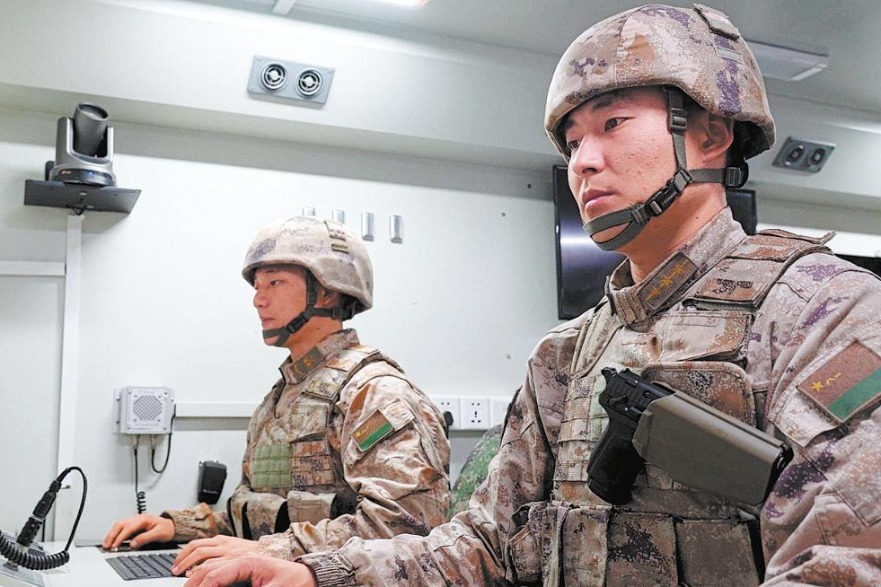Dots of isolated incidents reveal rising militarist trend

Viewed in isolation, Japan’s decision to allow schools to use Adolf Hitler’s book Mein Kampf as teaching material might not be unacceptable.
After all, the German dictator’s notorious autobiography could be studied as part of anti-Nazi education and serious retrospection of Japan’s own militarist past.
It has ignited worries, however, because there is no sign that is the intention of Prime Minister Shinzo Abe and his administration. Instead, it looks more like the latest episode in a prolonged sequence of moves in the opposite direction.
Earlier this month, the Abe Cabinet gave the green light to the use of the 1890 Imperial Rescript on Education in classrooms. While Abe is keen on cultivating patriotic citizenship in present-day Japan, the Imperial Rescript is better known for preaching the core tenets of a militarist education.
Shortly before that, the Japanese Education Ministry chose to incorporate jukendo, or bayonet fighting — another component of militarist education — in the junior high school curriculum.
There are ways to carry out anti-Nazi education without giving prominence to Hitler’s toxic writing. There are other ways to cultivate patriotism without re-instating the Imperial Rescript on Education. There are other ways to promote sportsmanship and strengthen student physique without practicing jukendo.
But the current Japanese administration appears obsessed with that particular period of their country’s history. They have even been naming new vessels of Maritime Self-Defense Forces after those of the Japanese Imperial Navy.
On March 22, the MDF’s latest, largest helicopter frigate came into service, bearing the name Kaga, which was name of an aircraft carrier in the Imperial Japanese Navy. Four years ago, the MDF launched its newest helicopter destroyer carrying the name Izumo, whose namesake was the flagship of the Japanese fleet that participated in the invasion of China during the war of aggression against China.
Down this path, it may not take long before there is a full reincarnation of the Japanese Imperial Navy — in names at least.
Some seeing the rebirth of a single name from the rather distant past may consider it to be not worth any fuss.
But when all these seemingly trivial dots are joined together, a pattern emerges.
And the ugly collage looks even uglier against the backdrop of the Abe administration’s persistent endeavors to whitewash Japanese war atrocities and dismantle its pacifist Constitution.
Abe’s diplomacy has distracted many from the rightist tendencies in Japan. But looking aside from what is happening there could prove a costly mistake.
Today's Top News
- China holds central rural work conference
- President Xi to deliver New Year's message to ring in 2026
- Xi's diplomacy in 2025: Shedding light on a world at crossroads
- China to apply lower import tariff rates to unleash market potential
- China proves to be active and reliable mediator
- Three-party talks help to restore peace






























